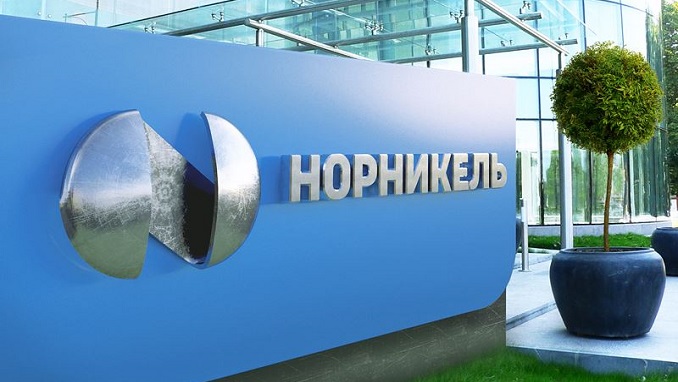Investment tax deductions for companies working on social projects in the Arctic, an idea initiated by mining and metals giant Nornickel, could boost development in Russia’s North, experts told TASS.
“We suggest introducing an investment tax deduction in implementation of social projects,” Nornickel’s Vice President Dmitry Pristanskov said at the Eastern Economic Forum in early September.
“In our opinion, it could be much more effective if an investor keeps a sports facility among its assets, will invest in its exploitation, and for that the investor could have a tax deduction, for example for 50% of the invested funds,” he told the state-run news agency. “Besides, another effective measure could be to exempt from tax on property facilities in education, healthcare, culture, sports, which private companies build in the Arctic zone.”
In November 2017, Russian legislators adopted a law, which amends the Tax Code with a provision on the investment tax deduction. A taxpayer has a right to decrease the income tax, payable to regional budgets, by the investment tax deduction. The tax, payable to the federal budget, may be decreased by an amount, which makes 10% of the company’s expenses on purchase or upgrade of main facilities.
These changes anyway require respective changes to regional legislations.
“The Krasnoyarsk Region has not adopted a respective law, nor analyzed effectiveness of the tax deduction implementation,” the region’s Ministry of Economy and Development told TASS. However, the local Ministry of Construction told TASS they “have received information on the renovation program and continue discussing it.” Another problem is that the infrastructures, which may enjoy tax deduction, must be transferred to state or municipal property for free.
Experts say that an investment tax deduction could cut budget expenses. Social facilities’ service expenses are higher than possible revenues, they said.
Komi’s Head of the Social Policy’s Committee Sergei Arteyev called the idea reasonable and logic. “In the North, construction is expensive and complicated, and living there is complicated, thus the saved money could be used for healthcare,” he told TASS.
In Norilsk, there are 862 apartment houses. The average age of outdated houses in the city is about 45 years. Earlier reports said only about 160 houses may be included in the renovation program.
Norilsk Nickel’s vice president confirms it, adding the permafrost affects the city’s houses. Any buildings in the Extreme North have shorter terms than similar houses on the mainland. The housing renovation program to 2030 would require investments of about 85 billion rubles ($1.32 billion).












